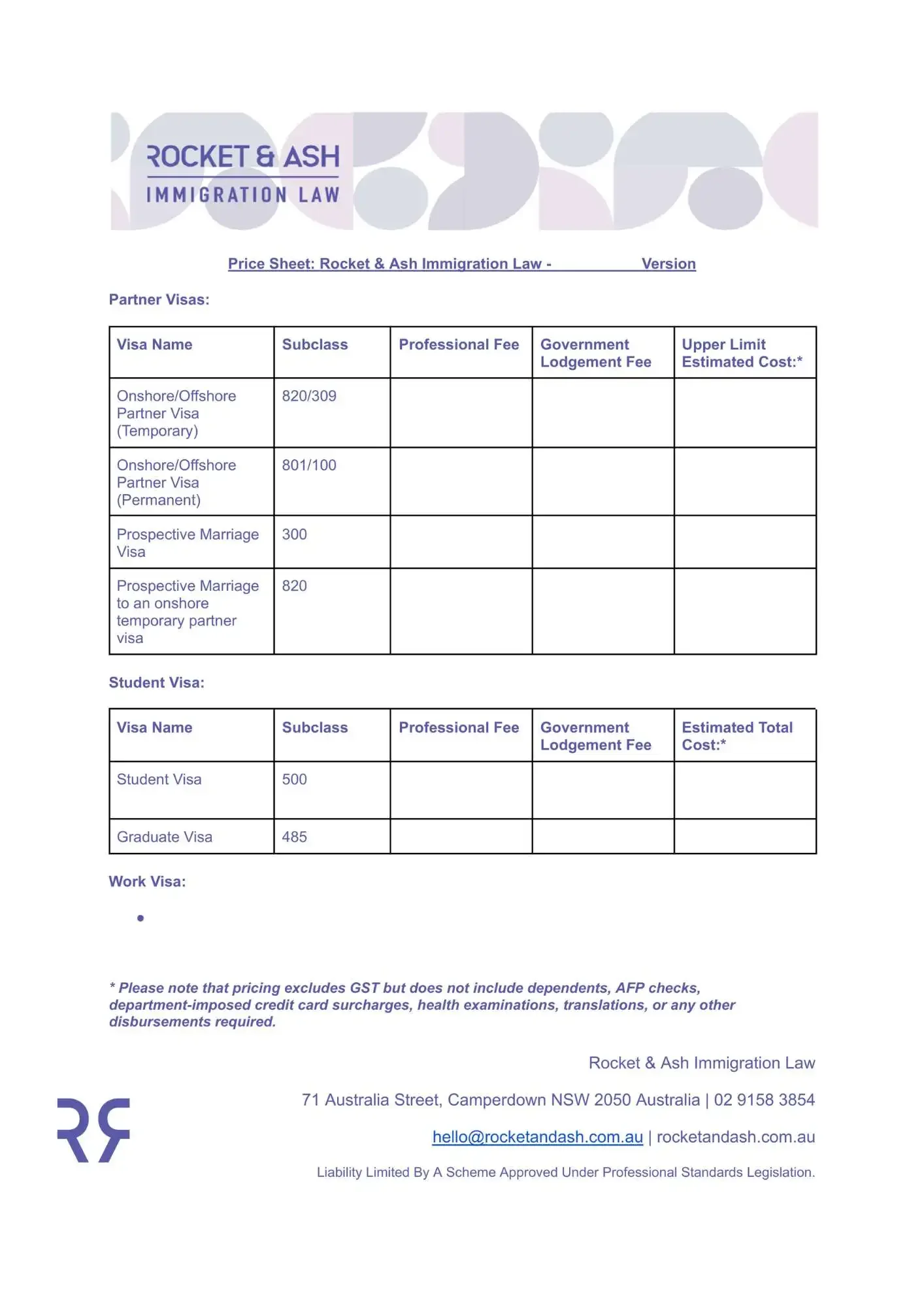As we move into May, changes and updates to the graduate visa streams continue to unfold. This article will serve as your comprehensive guide to the latest developments and anticipated changes set to take effect on July 1, 2024. Whether you're a student nearing graduation or a graduate exploring options to extend your stay in Australia, staying informed on these updates is crucial.
This guide is the revised version of our previously updated March guide.
Upcoming Changes: Effective July 1, 2024
Several significant changes are scheduled for the graduate visa category starting on July 1, 2024. Here’s what you need to know:
- Renaming of the Post-Study Work Stream: The post-study work stream (for applications studying a bachelor's or above) is to be renamed the Post-Higher Education Work Stream.
- The Extra 2 Years is Ending: The extra two-year "select degree" extension will be phased out.
- Online Application Enhancements: Improvements to the online application system are expected to streamline the processing, making it faster and more user-friendly for applicants. (The department states that the processing time should decrease to 21 days.)
- Age Limited to 35: Graduates will have to be 35 and under to apply for the updated Subclass 485 graduate visa. However, if you hold a Hong Kong or British Overseas Passport, you are exempt from this, and your maximum age can be up to 50. (This applies to both the post-study work stream and the graduate work stream.)
- Second Post-Study Work Stream: The Second Post-Study Work stream will be renamed the Second Post-Higher Education Work stream.
- Replacement Stream (Subclass 476): This stream has already ceased.
- Graduate Work Stream Renaming: This stream will be renamed the Post-Vocational Education Work Stream.
- Degree-level qualifications cannot apply for the Graduate Stream: Applicants holding a degree-level qualification or higher are no longer eligible for the Graduate Stream and must instead apply through the Post-Higher Education Work stream.
Revised Stay Periods:
The stay periods are being amended to the following:
- Bachelor degree (including honours degrees): up to 2 years
- Masters (coursework and extended): up to 2 years
- Masters (research) and doctoral degree (PhD): up to 3 years.
- Hong Kong and British Overseas Passport Holders: up to 5 years
Revised Stay Periods for Indian Passport Holders:
- Bachelor degree (including honours): up to 2 years
- Bachelor degree (with first-class honours in STEM, including ICT): up to 3 years
- Masters (coursework, extended and research): up to 3 years
- Doctoral degrees (PhD): up to 4 years
How These Changes Impact You
The forthcoming adjustments are designed to enhance the opportunities available to international graduates in Australia. By offering extended work rights and a more generous timeframe for applying, the Australian government is encouraging talented individuals to contribute to the economy longer.
Moreover, the inclusion of additional skills in the eligible occupations list means that more graduates in diverse fields will have the opportunity to extend their stay and gain valuable work experience in Australia.
If you're planning to apply for a graduate visa, it's advisable to keep these changes in mind, as they could significantly impact your eligibility and the strategy you should adopt for your post-study plans.
About Rocket & Ash Immigration Law
At Rocket & Ash Immigration Law, we specialise in helping partners, graduates, and professionals navigate the complexities of Australian immigration law. Our expertise in visa applications ensures that you receive tailored advice and support throughout your immigration journey.
If you require assistance with your Subclass 485 Graduate Visa application or have any other immigration-related queries, our experienced team can help.
Please book a free 15-minute discussion with our team if you have further questions.
Written by Ines Jusufspahic, LPN: 5511366
This article does not constitute legal advice or create an attorney-client relationship. For up-to-date information, please consult an immigration professional.



